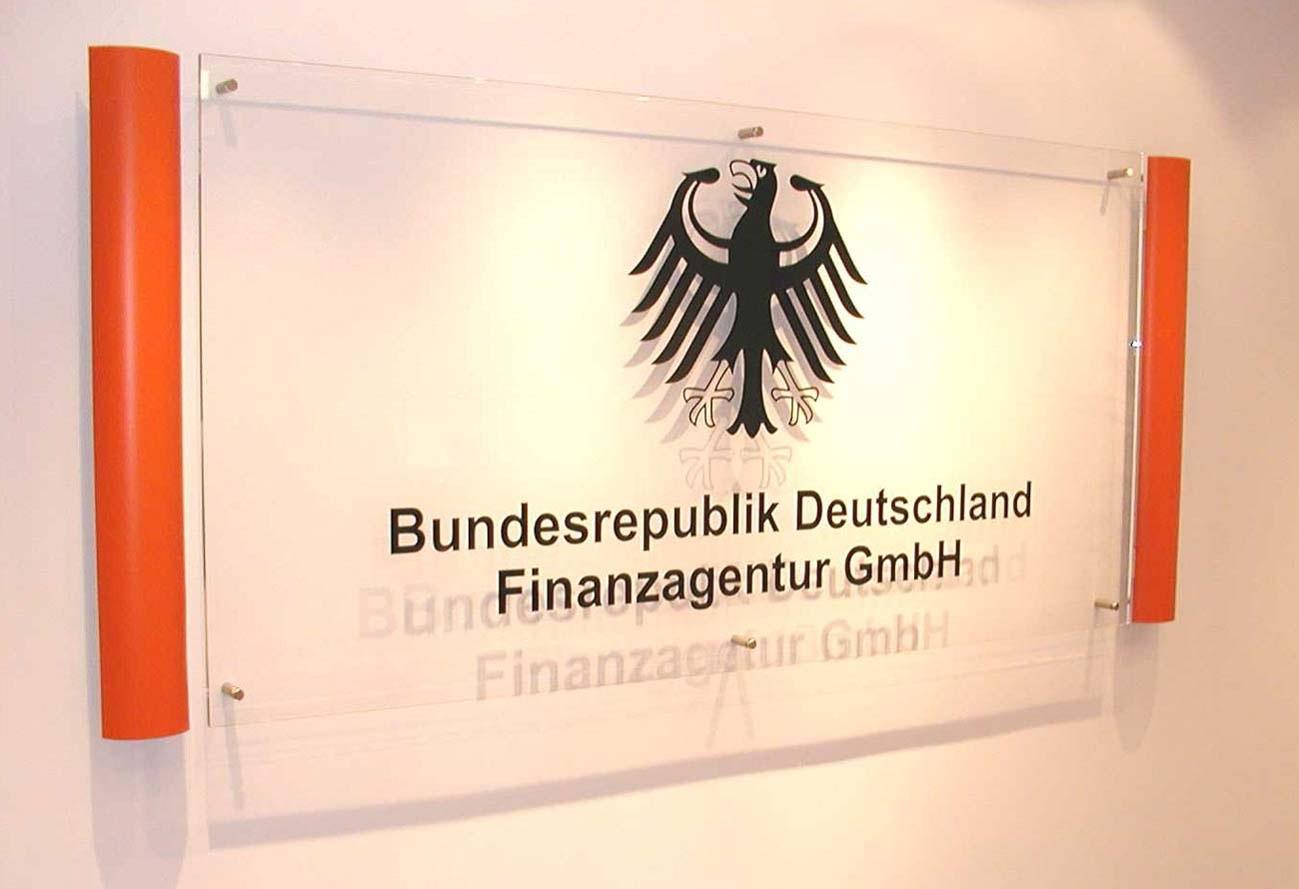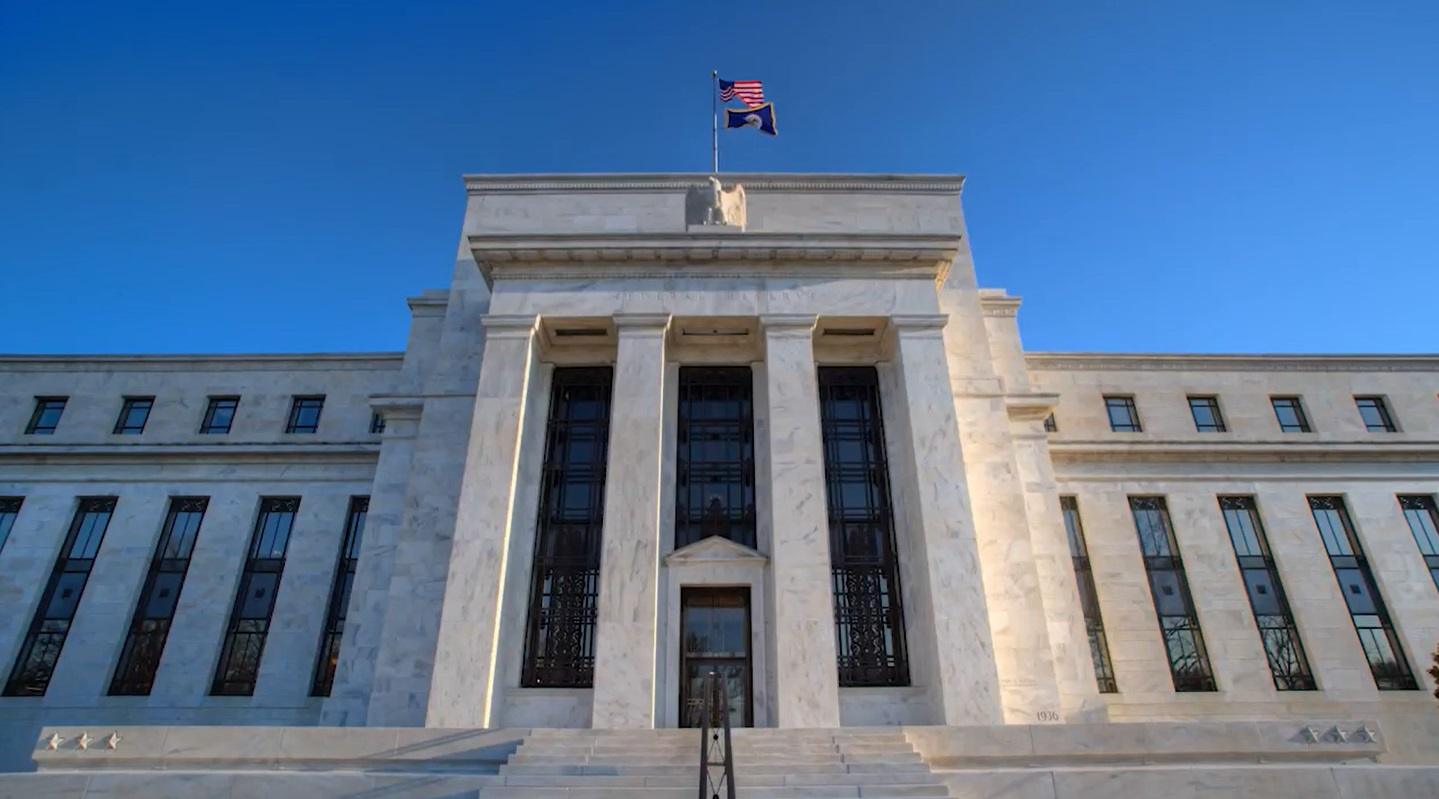BIS Launches Green Bond Fund for Central Banks, ECB to Invest
The Bank for International Settlements (BIS) announced today the launch of EUR BISIP G2, its second fund for green bond investments by central banks and official institutions, and the first to be Euro denominated. The European Central bank (ECB) also announced a decision to use its own funds portfolio to invest in EUR BISIP G2.
The BIS is owned by 63 central banks, and has a mission to serve the banks in their pursuit of monetary and financial stability, to foster international cooperation in those areas and to act as a bank for central banks. The BIS launched its first green bond fund in 2019, denominated in US dollars. According to the BIS, the two funds will manage some $2 billion in green bonds for central banks with the expectation that the funds will continue to grow considerably.
The BIS stated that the funds are part of the organization’s green bond initiative, which helps central banks to incorporate environmental sustainability objectives in the management of their reserves and capital, in line with a growing demand for climate-friendly investments among official institutions. The funds aim to promote sustainable finance by facilitating sizeable investments in environmentally friendly projects, including renewable energy production and energy efficiency, while supporting the adoption of best market practices and reporting standards to deepen the green bond market.
Peter Zöllner, Head of the BIS Banking Department, said:
“Central banks around the globe have continued to support this joint green bond fund initiative and channel funds into the green bond market through the BIS. In line with the initiative’s objectives, we are continuing our dialogue with green bond issuers and remain committed to supporting the adoption of best market practices, including improved impact reporting, to deepen the green bond market.”
According to the ECB, its decision to invest in EUR BISIP G2 will help the central bank to contribute to global efforts to promote environmental objectives, including the EU climate goals, and to combat climate change. The investment also fits with the ECB’s sustainable and responsible investment (SRI) strategy that targets an increase in the share of green securities in its own funds portfolio. Green bonds currently make up 3.5% of the ECB’s funds portfolio, and the bank stated that it expects this figure to increase going forward.
The ECB has been a supporter of the development of the sustainable finance market. In September 2020, the central bank announced a new ruling enabling bonds with coupon structures linked to certain sustainability performance targets to become eligible as collateral for Eurosystem credit operations.





